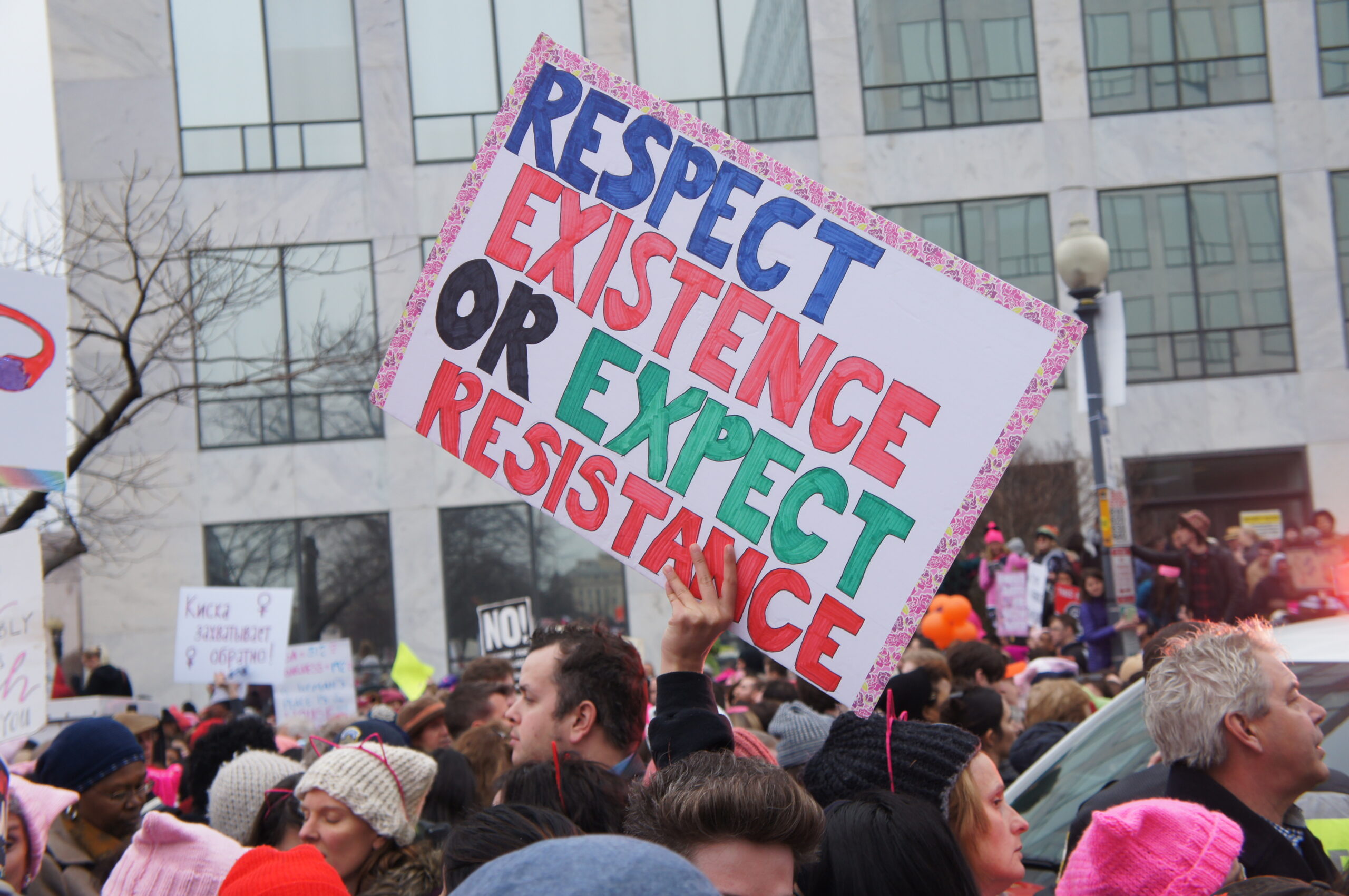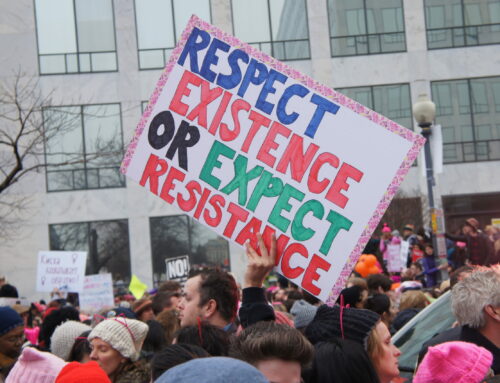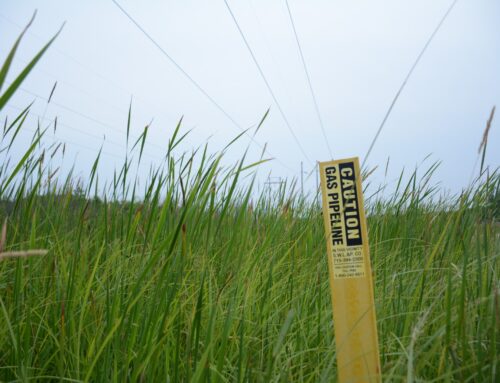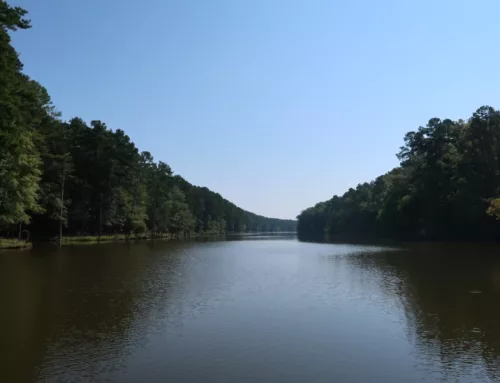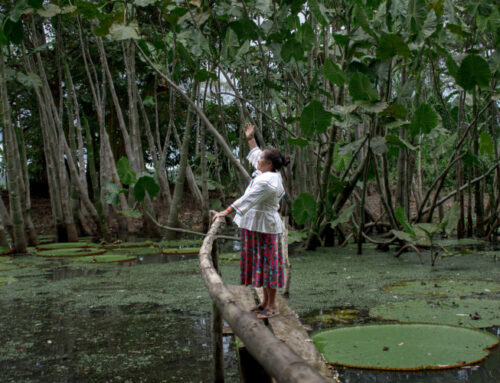Sandra Liliana Pena, a Colombian human rights defender from the Nasa and Paez Indigenous groups, rose to prominence as the governor of a reserve in the Cauca community. She vehemently protested against illegal crops encroaching on Nasa land. In April 2021, Pena was brutally assassinated, adding to the alarming tally of violence against women environmental defenders (WEDs). Research unveils a grim reality: in a study among 523 documented cases, 81 WEDs were assassinated, often by state actors, criminal groups, or vested interests. These women defy societal norms, challenging patriarchal expectations, and face violence due to their activism. Yet, their plight extends beyond murder to displacement, repression, and criminalization. Despite underreporting, these cases demand urgent attention. Families struggle for justice, underscoring the need for better protection, contingent upon meaningful participation from vulnerable groups. While Indigenous and low-income women, disproportionately affected by environmental conflicts, confront paramilitaries, traffickers, and corporations, they are sidelined in negotiations despite bearing the brunt of ecocide. Colombia’s high femicide rate exacerbates this crisis, with Indigenous and Black women particularly vulnerable. Engaging human rights defenders, especially Indigenous women and children, is paramount. World leaders must commit to implementing safeguards to ensure their safety and uphold environmental justice.


